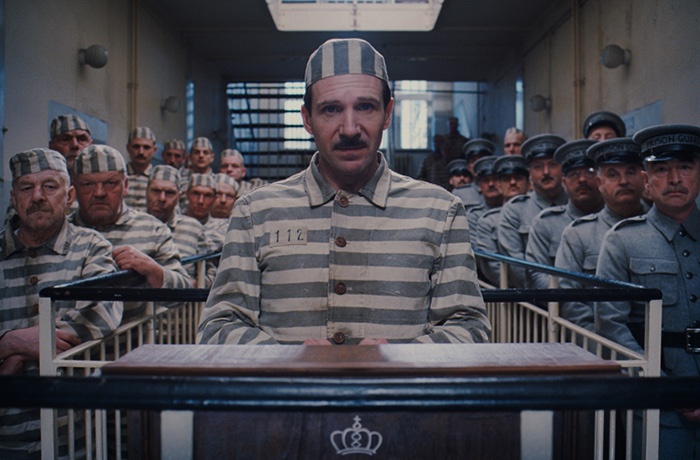
A seven-year-old boy rolls over with a sigh and awakens from his slumber. His big blue eyes peer around the room — a place of absolute squalor. He jumps out of bed and puts on his fuzzy slippers, a Christmas gift from probably too many years ago. With a subtle smile and a sweet whisper, he nudges his toddler sister awake. “Bets, will you help me with the pancakes?” Betsy, still coming to consciousness, pops up and plops on the floor. Although a bit messy, the children make a small tower of pancakes. They add a bowl of syrup, a glass of orange juice, but something’s missing. The boy runs outside, the morning mist thick in the air as sunrays pierce through the fog, and picks off a small tulip from the neighbor’s bush. She will not miss it. Back inside, he places it in a small vase. Together, they gingerly carry it into the adjacent bedroom, where a sick woman wheezes. “Momma,” the young boy pokes, “happy first day back at work.”
Did you experience a reaction while reading this small story — a twinge of sympathy for the children living in poverty, fondness for the warmth between the siblings or sadness for the mother’s circumstance? The narrative has one goal — to make you feel.
Have you ever wondered why you love your favorite movies? They may include an interesting story, some great scenes, funny dialogue — but a lot of movies have that. It is almost a sure bet that you love something about the characters. Specifically, you see yourself in the protagonist, the hero of the story. You feel for them. The power of film comes from its ability to make the viewer empathize with someone. We metaphorically step into someone else’s shoes.
The ultimate goal of a filmmaker is to make you care. Through the writing, visuals, performances and editing, we are drawn into the inner world of our hero. Conflicts arise, stakes are raised and drama emerges. This is what it means to be transported by a movie. For two hours, we become someone else.
How does this transference with a fictional character occur? Talma Hendler, a neuroscientist at Tel Aviv University in Israel, posits that she and her team have found evidence for two types of empathy that work within different brain regions. The first is mental empathy, which allows us to step outside ourselves and understand another person. The second is embodied empathy, which is more visceral and physical.
So, if the goal of a movie is to make us empathize with fictional characters, how does a Christian reconcile watching movies about people we fundamentally disagree with? Why should we watch movies about living a lifestyle contrary to that of the Christian walk?
I, for one, find it immensely beneficial. In our postmodern society, one of the biggest complaints people have about Christians is that we do not understand them. Simply, we do not understand how they feel. Movies create the opportunity to discover this. People, from all walks of life, ache to express themselves. To understand, and be understood.
Do you want to understand the plight of a man battling alcoholism? Watch “Flight.” Do you want to understand the difficulty of growing up gay as a kid? Watch “The Perks of Being a Wallflower.” How about a murderer on death row? Try “Dead Man Walking.” By taking a look into their world, we can better understand the unique struggles they go through and have compassion for their point of view. This gives us the ability to see them as they truly are.
When we look at Jesus’ ministry, we have to understand the audience he engaged with. Jesus broke bread with the tax collectors, with the prostitutes and with the lepers. He would listen to their stories, and connect. One of the most astounding truths of Christianity is that Jesus understands us and loves us anyway. If we desire to emulate Jesus, should not our goal be to love the same way he does? Starting a connection may begin with the first frame of the latest film.







